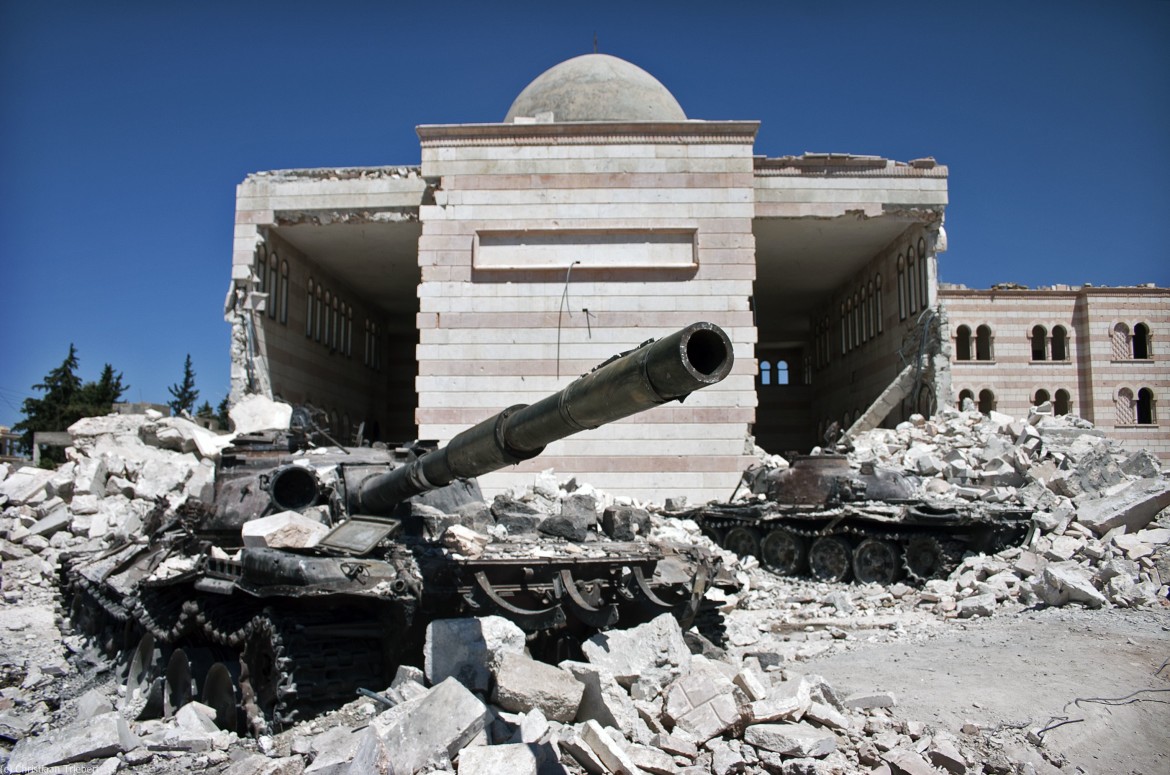Serge Halytsky
Syrian peace talks in Munich, Germany have ended up with an agreed one week “cessation of hostilities” to begin in seven days.
The 17-member International Syria Support Group (ISSG) will also accelerate and expand aid delivery.
However, Russia, which is the part of the ISSG is going to continue strikes despite ceasefire, The Sentinel, Russia-Canada Military and foreign affairs analyses reported.
A Reuters report said that “by allowing fighting to rage on for at least another week, it gives the Damascus government and its Russian allies time to press on with an offensive that has transformed the conflict since the start of this month.”
Lately Syrian forces, supported by vigorous Russian airstrikes, advanced to the city of Aleppo and may very well capture it.
The divided Syrian opposition is also skeptical that Russia will honour ceasefire commitments.
“When its current policy is to indiscriminately bomb all parties in Syria into the dust, in particular civilians and moderate opposition, and with complete impunity, while saying they are bombing terrorists,” said Issam al-Reis a spokesman for the Southern Front a western-backed opposition alliance.
According to Amnesty International, Russian air raids have killed hundreds of civilians. Russian officials bluntly deny war crimes accusations.
UN officials say Assad’s army advance “so far displaced 51,000 civilians” and put 300,000 more at risk of being placed under siege.
Russian, Iranian and Lebanese support give an edge to Syria’s president. Bashar al Assad said now that “he intends to retake “the whole country” from rebel forces,” BBC Breaking News reported.
So far 11 million people have been displaced and casualty estimates vary from 250,000, according to the UN, to 470,000, estimated by Exclusive Syria Centre for Policy Research.

